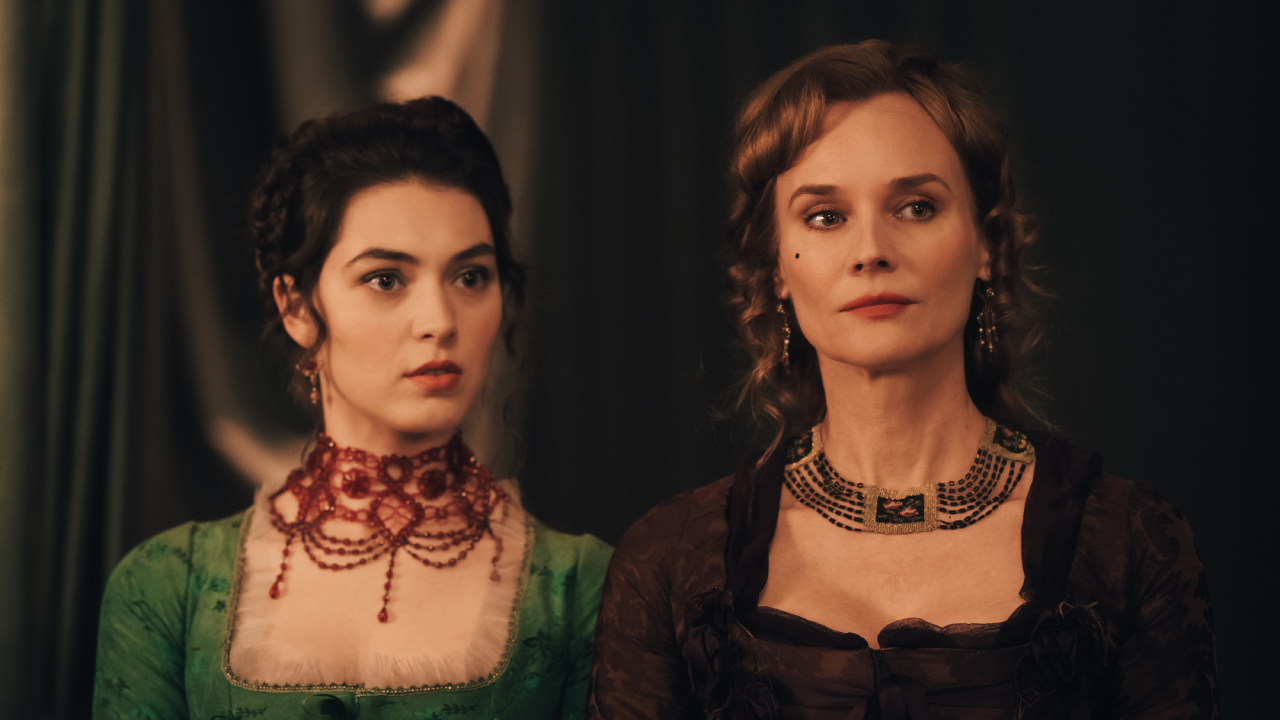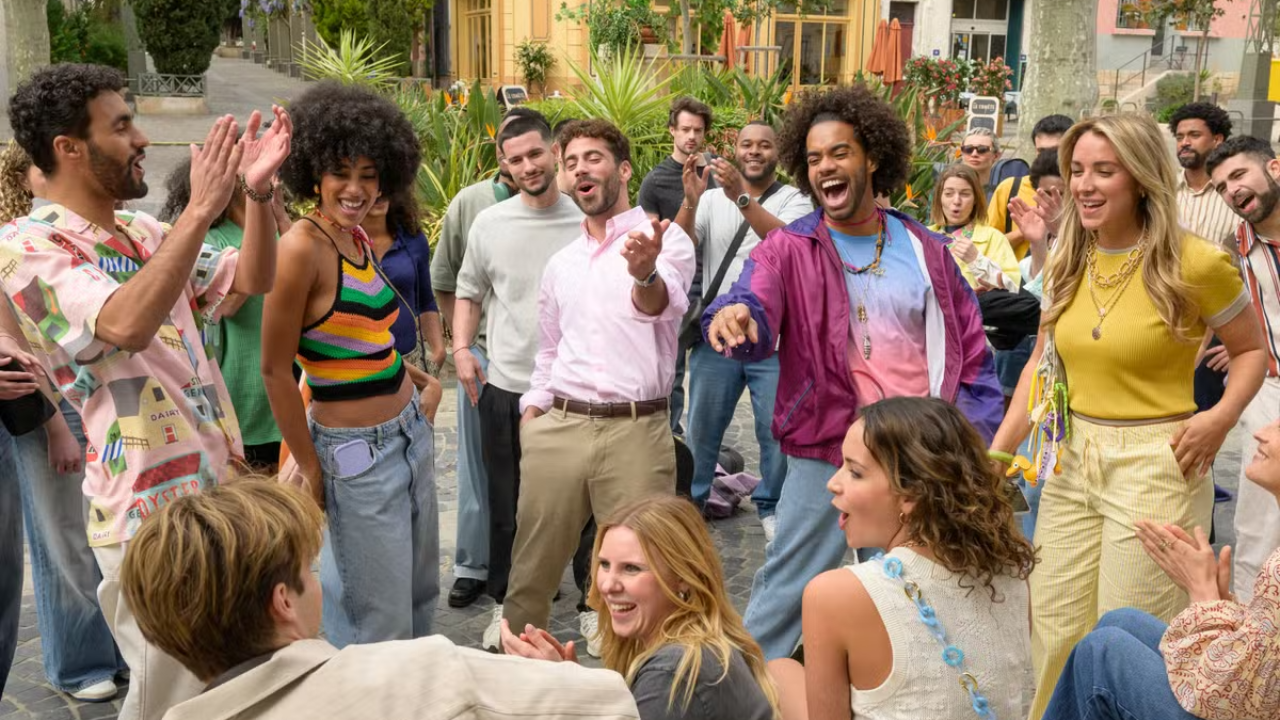John Hughes is a name that echoes in the memories of many moviegoers, especially those who grew up in the 80s and 90s. Known for his comedies that captured the essence of adolescence, Hughes not only entertained but also addressed universal issues of growth and friendship. and identity. His films, filled with memorable dialogue and charismatic characters, have become timeless classics that continue to resonate with new generations.
Through stories that mix humor and emotion, he has managed to portray the complexities of youthful life in an authentic and accessible way. In this list we have separated the 8 best films of John Hughes, according to critics, highlighting the cultural impact and relevance of these works in cinema. Get ready for a nostalgic journey through one of the greatest legacies of American comedy.
It’s worth mentioning that Hughes was a writer, screenwriter, and/or producer of many other films, however, this list only includes films he directed.
The 8 best John Hughes films
Clube dos Cinco (The breakfast club) – 1985
Considered one of the greatest classics of teen cinema and one of John Hughes’ best films, “The Breakfast Club” brings together five students from different social groups who find themselves locked up in a Saturday school. During the day they share their personal stories and overcome prejudices, creating unexpected bonds. The film is acclaimed for its sharp script and depth of characters, which reflect the difficulties of adolescence. Judd Nelson’s performance as John Bender stands out, bringing with him a mix of rebellion and vulnerability that captivates the audience.
Enjoying Life Adoidado (Ferris Bueller’s Day Off) – 1986

This comedy has become a true hymn to youthful freedom. Ferris Bueller, played by Matthew Broderick, decides to skip school and enjoy an epic day in Chicago with his girlfriend and best friend. The film is known for its lighthearted humor and message about enjoying life to the fullest. The famous parade scene to the sound of “Twist and Shout” is one of the most memorable moments in cinema.
Hot Girls (sixteen candles) – 1984

“Little Girls” is a candid portrait of teenage insecurities, centering on Samantha Baker, who feels invisible on her 16th birthday. This, which is one of John Hughes’ best films, cleverly combines humor and romance, highlighting the importance of acceptance and identity in adolescence. Molly Ringwald’s performance as Samantha helped solidify her position as an ’80s pop culture icon.
Before only that badly accompanied (planes, trains and cars) – 1987

This movie is a comedy about a normal man trying to get home in time for Thanksgiving. The chemistry between Steve Martin and John Candy is the heart of the film, bringing both laughs and emotional, heartfelt moments. Hughes manages to balance physical humor with a narrative that explores friendship and human kindness in adverse situations.
Donna Note 1000 (Strange Science) – 1985

“Weird Science” features two teenagers who create a perfect woman using advanced technology (and a little magic). The film is a fun mix of science fiction and teen comedy, touching on themes such as self-acceptance and the desire to fit in. The light-hearted approach and absurd situations make it a fun work and considered one of John Hughes’ best films.
She’s Having a Baby – 1988

This film explores the expectations and challenges of young marriage through the story of Jake and Kristy, who face an unexpected pregnancy. Hughes addresses questions of maturity and responsibility with sensitivity and humor. The film stands out for its honest portrayal of the difficulties of early adulthood.
Uncle Buck – 1989

“Heart and Face” features John Candy in the lead role of a single uncle who must take care of his sister’s children while she is away. The film mixes comedy with lessons about family and responsibility, showing how Buck transforms throughout the story. Candy’s charismatic performance is a highlight that makes this film a memorable addition to Hughes’ filmography..
The Little Rascal (Curly Sue) – 1991

Although less well-known than the other films mentioned, “The Little Rascal” tells a touching story about an orphaned girl and her cheating adoptive father trying to survive on the streets of Chicago. The film combines humor with deeply emotional moments, reflecting Hughes’ signature style of exploring the complexities of human relationships..
John Hughes left an indelible legacy in cinema with his stories that capture the essence of youth. His films are not just entertainment; they offer reflections on identity, friendship and the difficult transitions from adolescence to adulthood.
The post 8 Best John Hughes Films, According to Critics, appeared first on Olhar Digital.
Source: Olhar Digital
Rose James is a Gossipify movie and series reviewer known for her in-depth analysis and unique perspective on the latest releases. With a background in film studies, she provides engaging and informative reviews, and keeps readers up to date with industry trends and emerging talents.






